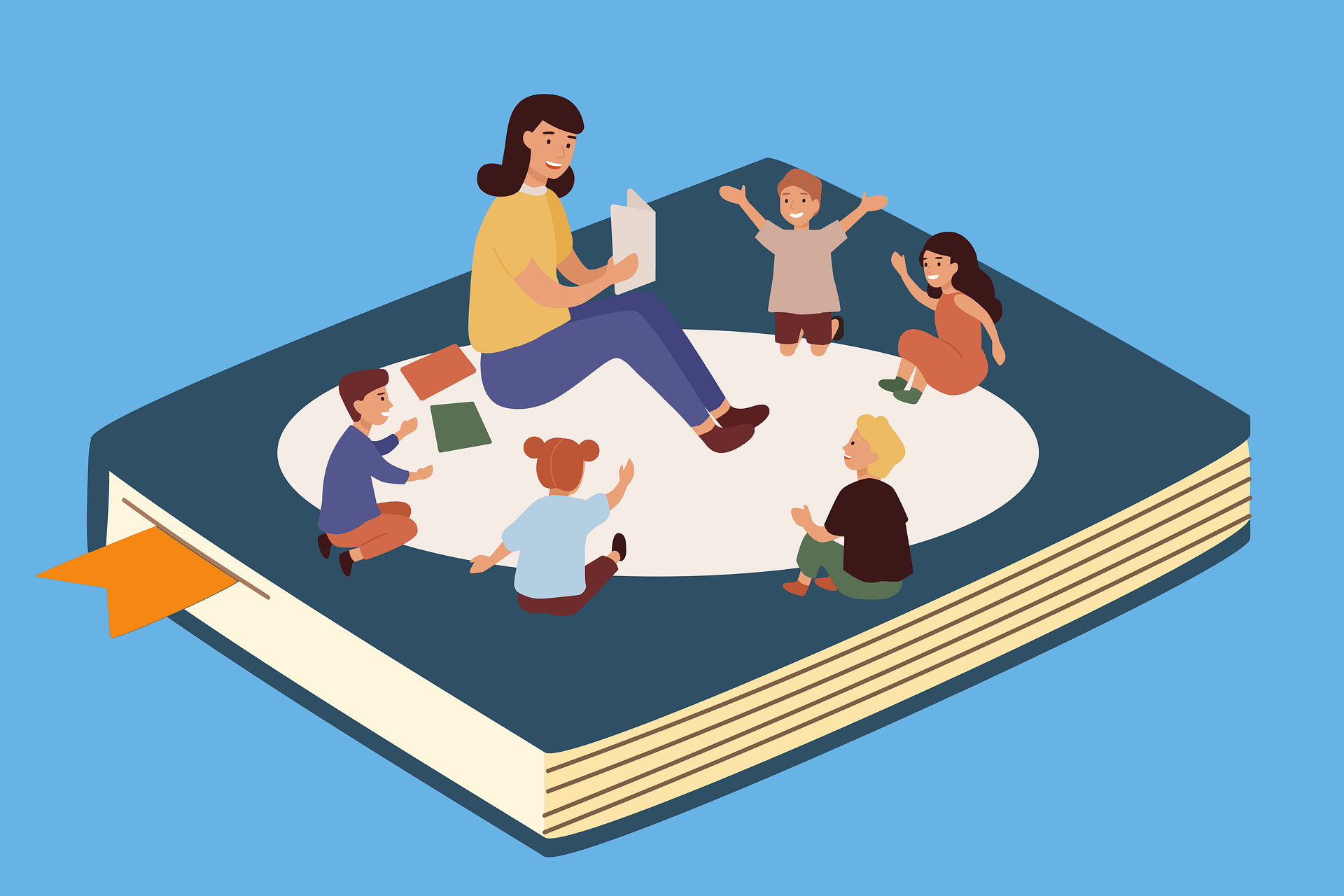Reading Intervention Strategies That Drive Measurable Outcomes
Educators shared strategies for successful reading interventions during a recent Tech & Learning webinar.

Tools and ideas to transform education. Sign up below.
You are now subscribed
Your newsletter sign-up was successful
When a child falls behind in reading, an effective reading intervention program can be a lifeline to everything else education has to offer. That’s why having effective reading interventions is so key for every school and district.
A panel of education experts explored how to build effective reading interventions with the help of technology during a recent Tech & Learning webinar hosted by Dr. Kecia Ray. They discussed motivating students and staff as well as ways in which technology can help educators differentiate instruction for students with different needs.
Watch the full webinar here.
Key Takeaways
Technology Can Help
Kelly Frasse, Director of Student Services and Professional Development, Sangamon Area Special Education District, said her district decided to use DreamBox Reading Plus, an adoptive literacy program, because they wanted something that could help educators meet students where they are. “We just needed different modalities to teach the students because of the varying learning styles that we have that we needed to address, especially with working with students with disabilities,” she said.
Dr. Lynn Simmers, Assistant Superintendent, South Allen County Schools, said technology fosters more focused learning. “The students do appreciate the immediate feedback that they're receiving, and so do teachers,” Simmers said. “We're setting goals. Teachers are involved in weekly collaboration meetings. So we're looking at student growth over time.”
Challenges Are Many so Solutions Need to Be Versatile
Tools and ideas to transform education. Sign up below.
“So I think the challenges with reading intervention programs stem from just the the challenges that we face as educators on a daily basis,” said Kyle Coffman, principal at Riverside Intermediate, Plymouth Community School Corporation. These challenges are linked to the four major assumptions about student learning. “Not every student comes to us at grade level. Not every student learns the same way. Some students need more time than others. And not every child has a home environment that's conducive to academic learning,” Coffman said. This means that reading intervention programs need to work with students with different skill levels from a wide range of socioeconomic backgrounds. “We want programs that are going to help educators address that stratification of need,” he said.
Celebrating Success
Keeping kids engaged and excited about any intervention program can be a challenge. That’s why it’s so important to offer immediate and positive feedback. Maria Jenkins, Title 1 Instructional Coach, Silver Creek School Corporation, sets goals with students and provides them with rewards when they meet those goals. Jenkins said it can be helpful for teachers to be mindful of trying to maintain the motivation and excitement of the program.
“You have to celebrate success,” Coffman said, noting that his district offers certificates that students earn. In addition, providing students with a degree of voice in their education is key for building engagement. “Students get to choose what they want to read, I cannot stress that enough,” he said. “I think we all know how important that is.”
Motivation Is Key
Tami Zylka, Professional Development Specialist at DreamBox Learning, which sponsored the event, said Reading Plus was designed with student motivation in mind. “We want our students to feel that they are able to improve as readers and become lifelong readers,’ she said, adding that DreamBox reading products are designed in accordance with the science of reading best practices. "[We want to] develop students reading and literacy skills in a manner that is aligned with the science of reading.”
Erik Ofgang is a Tech & Learning contributor. A journalist, author and educator, his work has appeared in The New York Times, the Washington Post, the Smithsonian, The Atlantic, and Associated Press. He currently teaches at Western Connecticut State University’s MFA program. While a staff writer at Connecticut Magazine he won a Society of Professional Journalism Award for his education reporting. He is interested in how humans learn and how technology can make that more effective.

